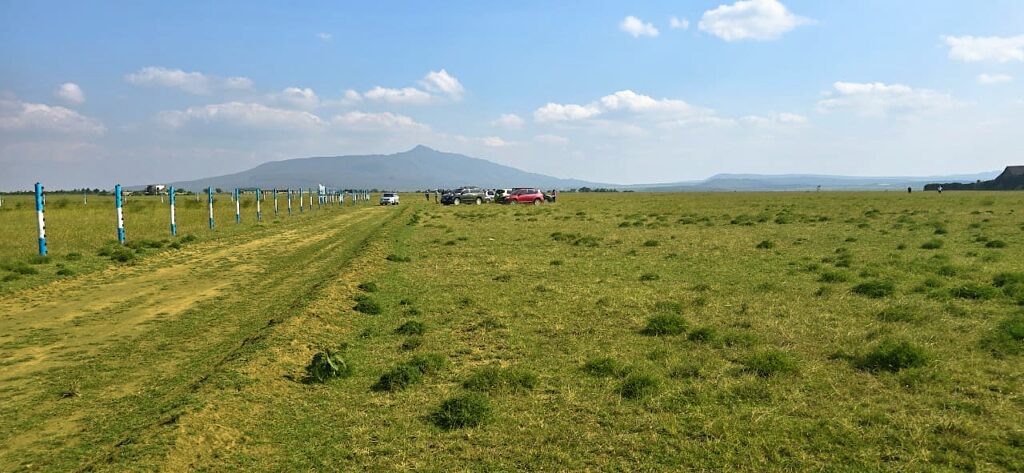available on the
Google Play
Navigate the complexities of securing land ownership in Kenya with our comprehensive guide.
Securing land ownership in Kenya involves navigating a complex legal framework. The primary laws governing land ownership include the Constitution of Kenya 2010, the Land Act, the Land Registration Act, and the Community Land Act. These laws outline the rights, responsibilities, and procedures for acquiring and owning land.
Understanding these legal provisions is crucial for ensuring that your land acquisition process is compliant with Kenyan law. Familiarizing yourself with the various types of land tenure—such as freehold, leasehold, and community land—will also help you make informed decisions.
The first step in securing land is identifying a suitable piece of property. This involves conducting thorough research on the location, accessibility, and potential for development. Engaging a qualified land surveyor can provide invaluable insights into the land’s boundaries and topography.
Once you have identified the land, the next step is negotiating the purchase. It is essential to conduct due diligence by verifying the land’s ownership through a title deed search at the Ministry of Lands and Physical Planning. This ensures that the seller is the legitimate owner and that the land is free from any encumbrances.

After purchasing the land, the next step is to register it in your name. This involves submitting the necessary documents, including the sale agreement, transfer forms, and proof of payment, to the Ministry of Lands and Physical Planning.
The registration process can take several weeks to months, depending on the complexity of the transaction. Once the registration is complete, you will receive a title deed, which serves as proof of ownership. Keeping copies of all transaction documents is vital for future reference.
When you purchase land through Nyota Njema real estate we can help you navigate all this process and ensure you get your title in a maximum of 90 days.
Land acquisition in Kenya can come with several risks, including fraudulent sellers, disputes over boundaries, and competing claims of ownership. To mitigate these risks, it is advisable to engage the services of a reputable lawyer who specializes in land transactions.
In the event of a dispute, the first step is to attempt an amicable resolution through mediation. If this fails, the matter can be taken to court for adjudication. Understanding the dispute resolution mechanisms available can save you time and resources.
Once you have secured ownership, maintaining and managing your land is crucial. This involves paying land rates and taxes, adhering to zoning regulations, and protecting your land from illegal encroachments.
Regularly inspecting your land and updating your title deed with any changes in ownership or land use can help safeguard your investment. Engaging with local community leaders and authorities can also provide additional layers of security and support.
For more information, call/chat with us today!